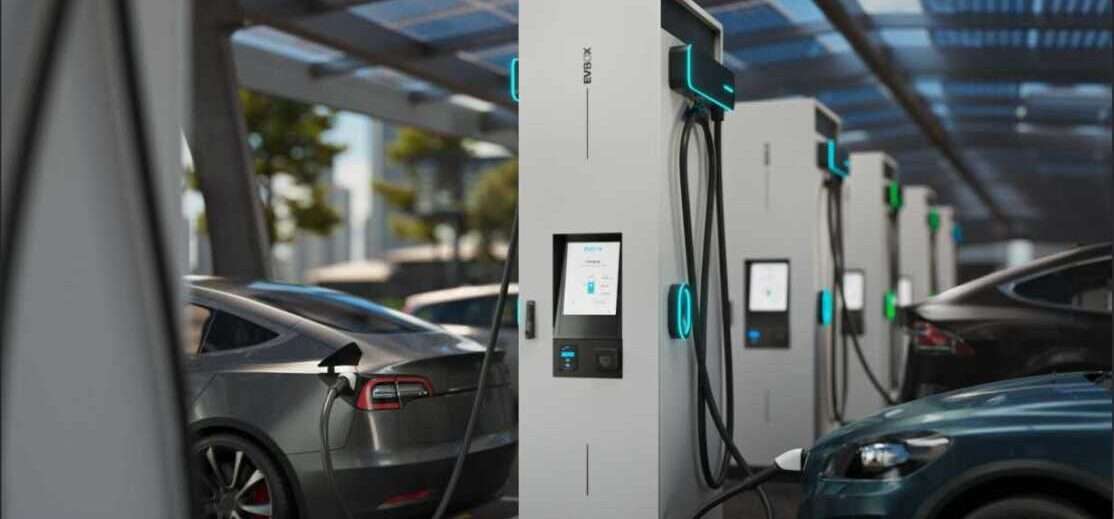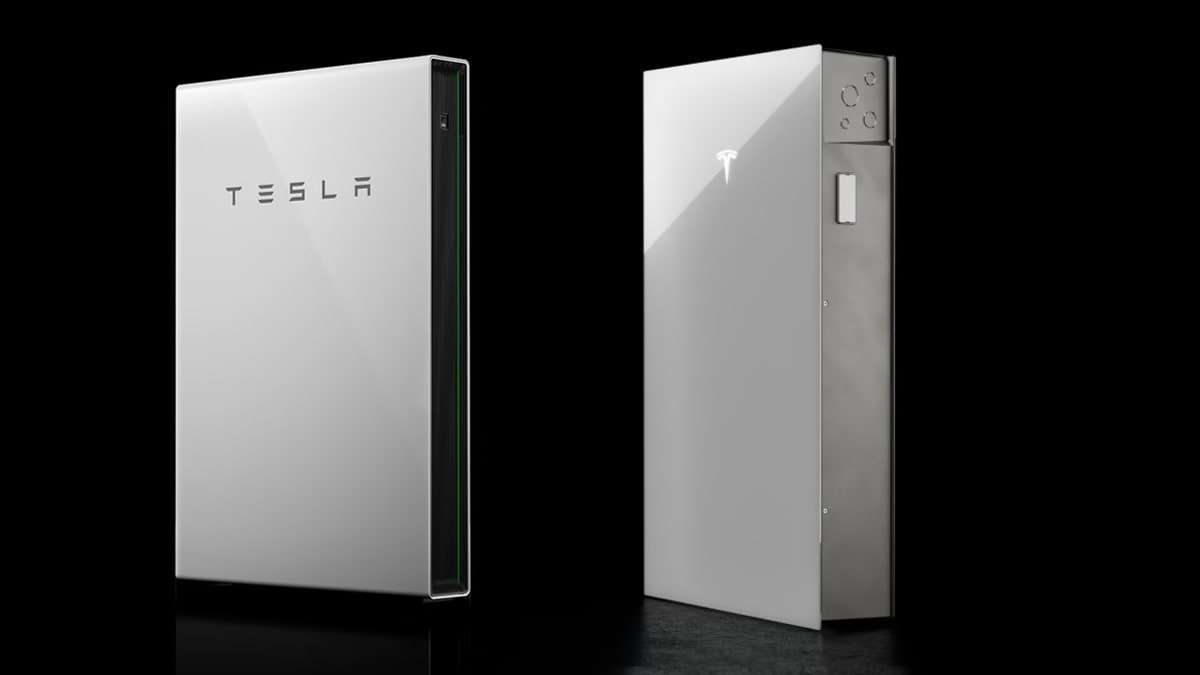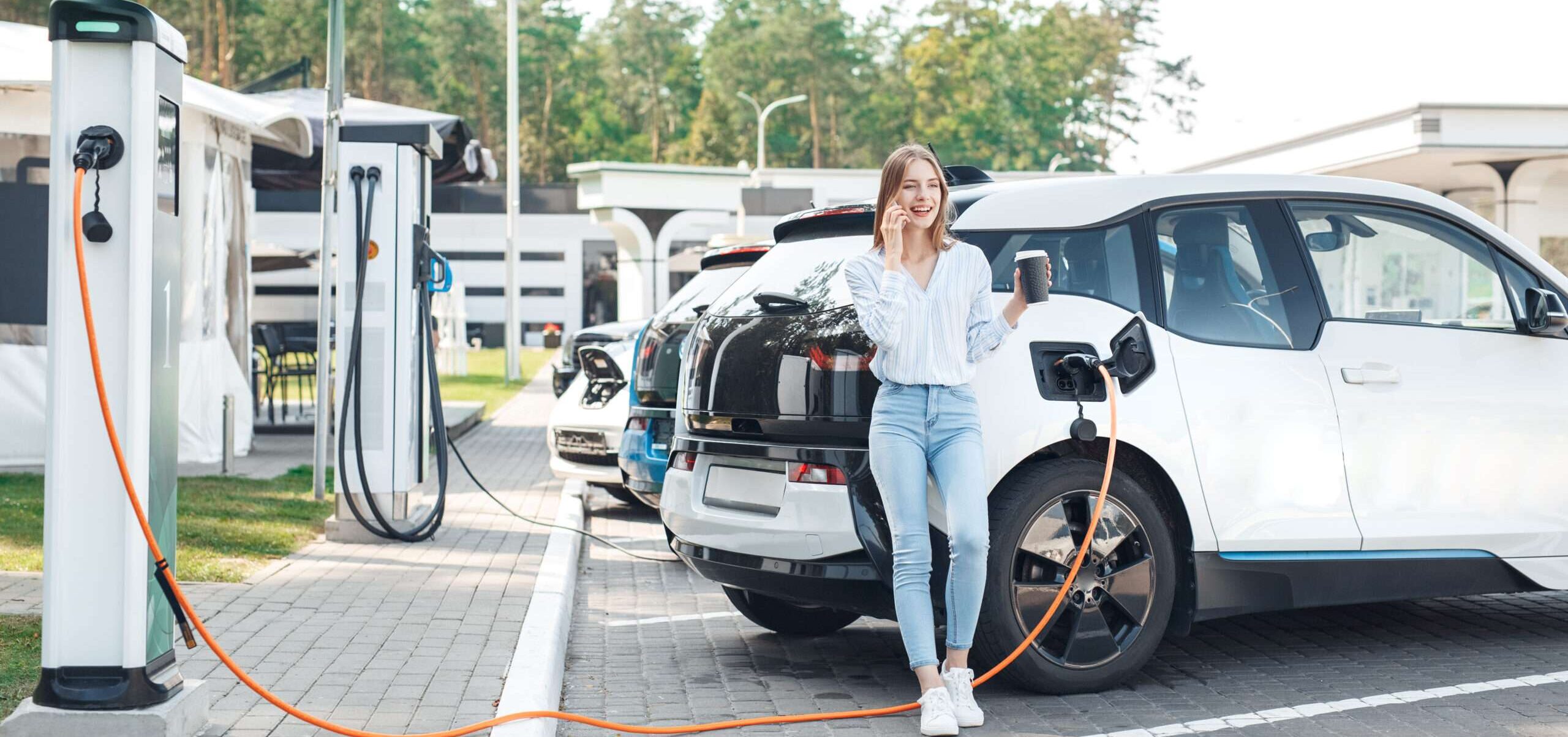FAQ
Get Answers to Your EV Charging Questions - Your Comprehensive Guide to Electric Vehicle Charging FAQs! From understanding different charger types to finding charging stations, we've got you covered. Discover everything you need to know about EV charging efficiency, costs, installation, and more. Take the guesswork out of charging your electric vehicle with our informative FAQ section.
How it works
FAQ
How does the installation process work?
1. An online assessment asks questions about your home and charging needs, and some pictures of your electrical panel and desired charging location are requested. Based on your responses, you will either receive an upfront pricing estimate or one of our certified installers will provide a custom proposal.
2. A certified installer will review your installation project within 48 hours after you pay a fully refundable deposit.
3. Upon assessing the information, you provided, your installer will email you confirmation of your installation estimate and permit costs. To better assess the scope of your project, your installer may contact you for more information or to schedule a site visit.
4. After you approve the estimate, your installer will contact you to schedule the installation. Your local jurisdiction's permit process and scheduling availability will determine the timing.
5. You will receive an invoice for final payment, a one-year warranty confirmation, and a customer satisfaction survey after your installation is complete.
2. A certified installer will review your installation project within 48 hours after you pay a fully refundable deposit.
3. Upon assessing the information, you provided, your installer will email you confirmation of your installation estimate and permit costs. To better assess the scope of your project, your installer may contact you for more information or to schedule a site visit.
4. After you approve the estimate, your installer will contact you to schedule the installation. Your local jurisdiction's permit process and scheduling availability will determine the timing.
5. You will receive an invoice for final payment, a one-year warranty confirmation, and a customer satisfaction survey after your installation is complete.
How should I prepare at home before an EV charger installation?
There are several steps you should take before buying and installing an EV charger:
1. Make sure you know your EV's battery capacity and what type of connector it has before purchasing a charger to ensure it has adequate power and is configured correctly.
2. Consider wall-mounted charging stations or portable Level 2 chargers (which require 240v NEMA outlets installed professionally). Make sure you decide if it is right for you to use a smart charger that is compatible with a manufacturer's app and connects to the Internet.
3. Using our assessment link , you will be assigned a licensed, certified electrician in your area. In order to receive an upfront price estimate, you will need to answer a few questions about your home and submit a few pictures.
1. Make sure you know your EV's battery capacity and what type of connector it has before purchasing a charger to ensure it has adequate power and is configured correctly.
2. Consider wall-mounted charging stations or portable Level 2 chargers (which require 240v NEMA outlets installed professionally). Make sure you decide if it is right for you to use a smart charger that is compatible with a manufacturer's app and connects to the Internet.
3. Using our assessment link , you will be assigned a licensed, certified electrician in your area. In order to receive an upfront price estimate, you will need to answer a few questions about your home and submit a few pictures.
How long will it take to get my installation done?
The duration of the installation depends on several factors, including the timing of the delivery of the charging hardware, and the installer's schedule. Once your installer has reviewed your project and assessed the scope of work, they can provide you with a better sense of the timetable.
Do I need to pull permits?
You can trust your installer to secure permits if they are required by your city or county. This ensures your project is done to code and approved by the local inspector in order to protect you and your installer. Upgraded electrical systems increase the value of your home, but you need to show proof of permits when you sell. Other installers may fail to pull permits, putting you at risk in multiple ways. Permits and inspections are essential in order to ensure that work is performed correctly, in order to avoid violations of electrical codes and fire hazards.
Would you come to my home to repair my charging station if anything breaks?
That's right. It is possible for homeowners to purchase service agreements for their electric vehicle charging stations. A guarantee is also included with most equipment. For instance, we offer a one-year installation guarantee. As an additional service, our network of installation service providers offers maintenance services to ensure that the EV charging station is regularly inspected and maintained.
Can Lighthouse install a charger at an apartment or multi-unit property?
Yes, we install charging stations in multifamily and commercial properties. There is no requirement that you own your home, but the owner must give authorization. To get started, please contact us and be prepared to answer the following questions:
Are you a decision-maker for your homeowner association or property? (If not, we require written permission from the property decision-maker before proceeding.)
What are your charging needs? How many chargers are you planning to install?
Who will own the chargers? Will they be pay-per-use stations for all tenants, or private chargers for specific units?
Who is your utility provider?
What is your desired timeline?
Are you a decision-maker for your homeowner association or property? (If not, we require written permission from the property decision-maker before proceeding.)
What are your charging needs? How many chargers are you planning to install?
Who will own the chargers? Will they be pay-per-use stations for all tenants, or private chargers for specific units?
Who is your utility provider?
What is your desired timeline?
What if I live in a condo/townhome?
A landlord or property manager must approve the installation of an EV charging station. Upon obtaining this approval, a certified installer will visit the site to determine the best course of action.
How do I get started?
Complete our "Get a Quote" form, hit submit and that’s it, it’s that EASY! The form will provide us with your contact information and what is needed for us to provide you with an accurate estimate.
What is the average cost of a home electric car charger installation?
Each installation is unique and varies among customers. The price of installation is influenced by factors such as the age of your home, the location of your charging station, utility involvement, permitting costs, etc. Fill out our quote request form to get your free customized quote today.
How do I know if my home electric system can manage car charging?
Our thorough electrical evaluation of your home includes a load calculation. Your load calculation is designed by the National Electric Code (NEC) to ensure we are not overloading your electric system.
How much electricity will my charger use?
That entirely depends on how much you drive. For example, a Tesla Model S that drives 40 miles per day will average 13.2kWh of electricity used. With the national average cost per kWh of $0.12, that would come to $1.58 per day. Your advisor can give specific numbers based on your car, driving habits and local electric costs.
What charger is best for me?
There are more than 80 home charging stations available on the market today. Our process considers many factors including the car, parking location, cable length, future growth, internet connectivity and electric utility pricing. Once complete, your advisor will walk you through our recommendations and what we believe to be the ultimate charger for you.
Why choose Lighthouse?
An experienced technician with extensive knowledge of plug-in vehicles and home chargers will help you determine the best charging solution. In our process, we consider several factors, such as the car, the parking location, and the electric utility rates. A highly knowledgeable advisor will assist you in the process, including evaluating your electrical system to ensure it has adequate capacity for your new charger. We ensure that every installation meets and exceeds all standards by using high-quality materials and quality workmanship.
Why do I need someone that specializes in car chargers for my installation?
When it comes to electric appliances, car chargers are unique. When you plug in your car the charger will be drawing the maximum power available for many hours. This type of continuous load requires a specialized design to provide optimal performance & long-term reliability. Also, specialized knowledge of the car and charger is essential to ensure long-term compatibility.
Why do I need someone that specializes in car chargers for my installation?
When it comes to electric appliances, car chargers are unique. When you plug in your car the charger will be drawing the maximum power available for many hours. This type of continuous load requires a specialized design to provide optimal performance & long-term reliability. Also, specialized knowledge of the car and charger is essential to ensure long-term compatibility.
Why do I need a Level 2 electric car charger at home?
90% of charging happens at home. Home chargers offer extremely fast charging times, up to 10 times faster, as opposed to a regular 120V outlet. Freedom to drive anywhere at any time without being concerned with finding a commercial charging station. Imagine the safety, reliability and convenience of having your own personal fueling station in your garage.
Lighthouse EV Charging - Advanced EV Solutions for Private and Commercial Customers
Remember, if you have any specific questions about EV charging or need assistance, don't hesitate to reach out and we will be more than happy to answer!
We serve hundreds of partners worldwide, including resellers, distributors, installers, car manufacturers, and more. Partnering with us is simple: we offer a range of charging solutions tailored to your business model.
Sign up for industry alerts, deals, news and insights from Lighthouse LLC
Quick Contact
For any questions or help, please contact our team:
10979 Reed Hartman Hwy
Cincinnati, OH 45242
Get Directions 
2025 © Lighthouse LLC All Rights Reserved.
WEB DESIGN BY BITCOM SOLUTIONS
WEB DESIGN BY BITCOM SOLUTIONS






